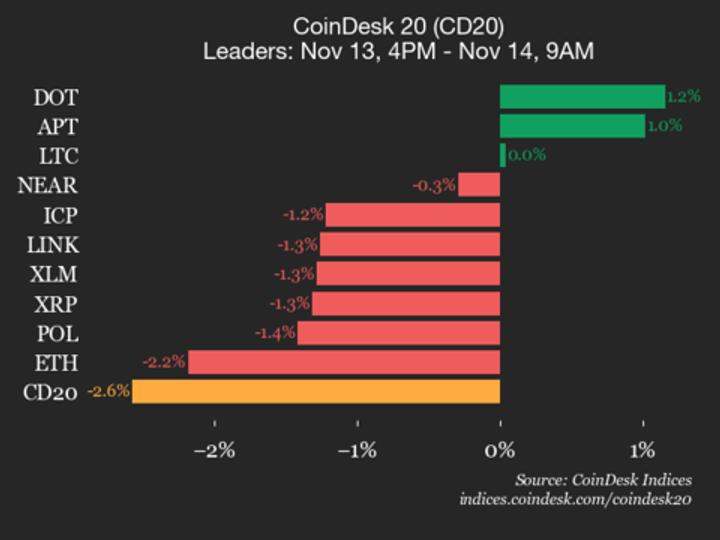
Scary Developments for Investors in Asian Markets


Asia Markets Shake Investors
Asia's markets have shocked investors who have been riding the artificial intelligence (AI) boom for much of the year. This month, foreign investors pulled out about $4.6 billion from Taiwanese and Korean stocks. This pace signals the sharpest decline since March and April. The backdrop of this movement lies in the tightening of valuations, a decrease in risk appetite, and the uncertainty regarding the Federal Reserve's anticipated interest rate cut in December.
Japan has also been adversely affected, seeing $2.3 billion worth of local stock sales. When considering futures, a total sale of around $7.3 billion has occurred. This indicates that the pullback is widespread.
For several months, investors viewed Asia's AI suppliers as a thrilling trading arena. However, this confidence appears to be softening. Inconsistencies in expectations and questions regarding cyclical agreements in trading transactions have sparked discussions about revenues and valuations being ahead of themselves. Korea's Kospi index rose by 84% from April until early November, but it is now retracting from its highs. Taiwan's Taiex index has also given back some of its recent gains, signifying that the once relentless momentum is no longer a given.
China is further exacerbating this situation. While foreign flow data is unavailable, the Hang Seng Technology Index has deepened into the technical correction zone. Disappointments from Tencent and Baidu have compounded this scenario. Tencent's shares dropped after it lowered its capital spending forecast for 2025, while Baidu's launch of its new AI model did not meet expectations. According to Van Eck strategist Anna Wu, this phase could represent a standard profit-taking move or a short-term sentiment pullback. However, during periods of excessively high expectations, even the slightest tonal shift can shake a market that prices for perfection.
.png)
Yakında Tüm Platformlarda
Sizlere kesintisiz haber ve analizi en hızlı şekilde ulaştırmak için. Yakında tüm platformlarda...






.png)